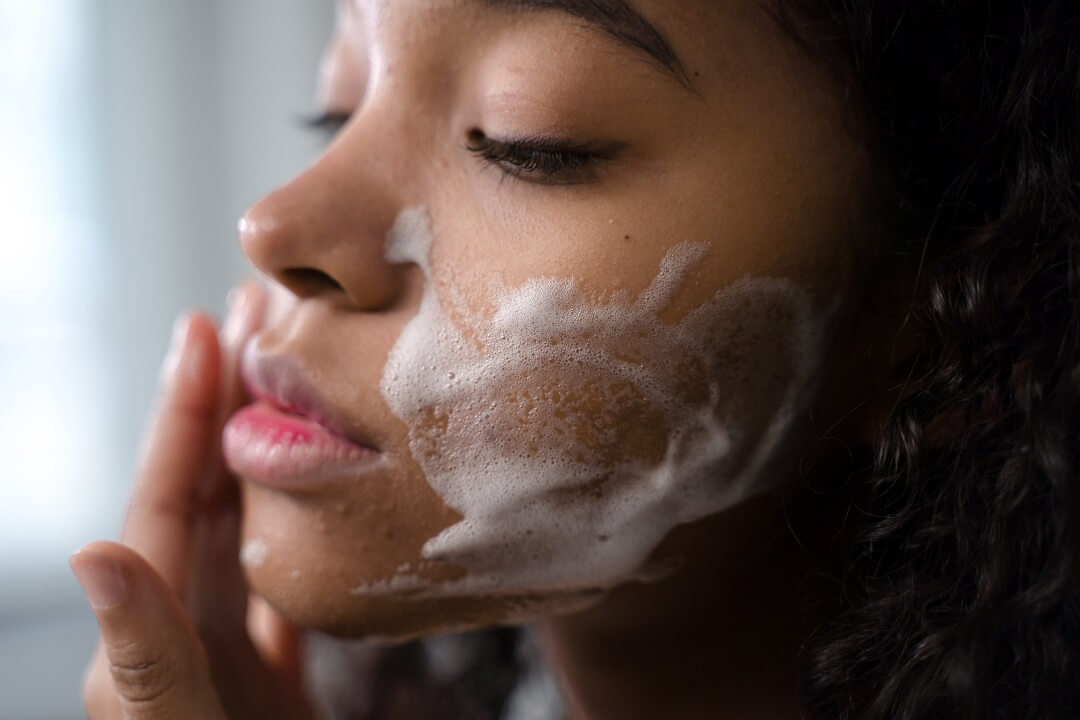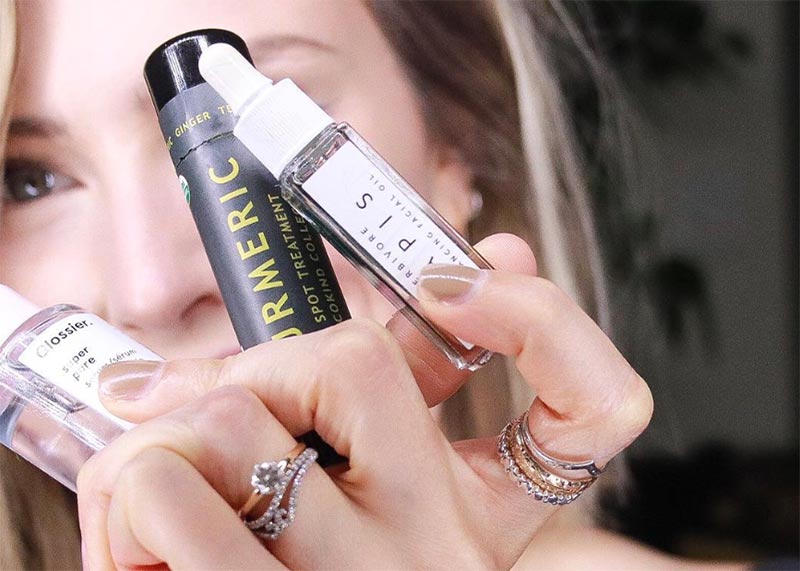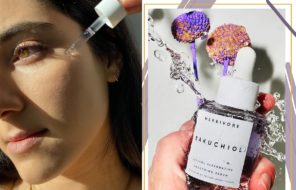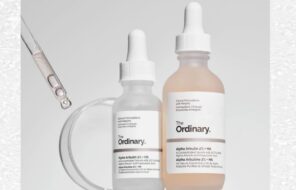Most of us have experienced a pimple or zit that popped up just before a big event — threatening to ruin a photo and a great memory. Luckily, we have plenty of makeup to choose from — like foundations for acne-prone skin — that, when appropriately applied does a great job of masking blemishes.
Acne occurs when hair follicles get clogged with oil and dead skin cells, resulting in blackheads or whiteheads. But some of us have acne-prone skin and are more likely to see breakouts frequently. It’s a bummer, but there are solutions to help you get rid of acne and try to prevent breakouts from occurring in the first place.
Through this acne treatment guide, discover some of the reasons you may have acne as an adult, how to get rid of acne at home, the best acne treatments according to your skin type, and when you should seek help from a dermatologist.
Why do you have acne?
We sought out the expertise of dermatologist Dr. Cory Gaskins to get the best tips for managing adult acne and taking care of your skin so you can get rid of acne fast.
Some of the reasons we experience breakouts include the following:
- Too much oil or sebum production. Excessive oil can clog pores and cause blemishes.
- Specific bacteria. Propionibacterium acnes (P. acnes) gets trapped in the pores and results in inflammation.
- Your diet. The foods you eat can contribute to acne if you’re sensitive to certain foods and notice a reaction after eating sugar, dairy, red meat, or gluten.
- Hormonal changes. Whether an imbalance of hormones are due to your period, pregnancy, and even menopause, they can cause hormonal acne.
- Stress. Stress and anxiety can result in acne because stress hormones lead to excess sebum production.
- Exposure to pollution. This can cause breakouts if you aren’t able to cleanse your skin, as it seeps into your pores.
How to get rid of acne

Follow these 12 acne removal tips from skincare experts:
- For any type of skin, “look for gentle cleansers over harsher soaps or scrubs that can strip away moisture from your face,” Gaskins said.
- Look for skincare products that won’t cause acne. Phrases to look for on your cleansing products include: “won’t clog pores,” “non-comedogenic,” “oil-free,” or “non-acnegenic.”
- The American Academy of Dermatology (AAD) suggests you give an acne treatment product at least four weeks to work.
- Avoid trying too many acne-clearing products at once. Stick to one to two products and give them time to kick in.
- Cleanse once or twice a day or when your face is sweaty. When you wash your face, don’t scrub at it, as this can exacerbate acne.
- Use a non-comedogenic, oil-free moisturizer after cleansing for their hydrating and oil-reducing properties.
- Make sure you’re buying products that address your skin type, like these best skincare products for sensitive skin.
- Always wear sunscreen. Look for lightweight formulas that control oil throughout the day.
- The AAD suggests you buy an acne treatment with one of the following ingredients:
- Salicylic acid. This can reduce inflammation and unclog pores. Look for a face wash that contains salicylic acid to clear up blemishes.
- Benzoyl peroxide. This ingredient helps decrease the amount of P. acnes bacteria.
- Retinoids. This can unclog pores and reduce overall oiliness on the skin. You can buy adapalene gel without a prescription and use it to treat blackheads and whiteheads. This can also help prevent new clogged pores.
- “Using a mild exfoliant once or twice per week can be beneficial in removing dead skin cells and unclogging pores without irritating your delicate complexion,” Gaskins said.
- If you suffer from an issue like back acne, apply a cleanser that contains benzoyl peroxide and let it sit on the affected area for up to five minutes to increase effectiveness on this thicker skin.
- Avoid popping your pimples. This could lead to scars, more noticeable blemishes, painful acne, and even infections. Leave it to a dermatologist to tackle that zit.
How to prevent acne

When you’re wondering how to get rid of acne, it’s important to know how to prevent acne from returning, too. These tips can help:
- Wash your skin with a gentle cleanser up to twice a day and when your face is sweaty. Then, pat it dry.
- Avoid touching your face during the day to prevent bacteria and dirt from getting into the skin.
- Change out of sweaty clothes right away.
- Pay attention to whether you experience breakouts around your period.
- Take note and keep a food diary if you think the food you’re eating plays a role in your breakouts.
- Try to manage stress healthily, like with relaxing activities and exercise.
When to seek the help of a doctor
If your acne doesn’t respond to over-the-counter treatments after a few months, make an appointment with a dermatologist. “Additionally, if your acne is accompanied by pain or scarring, these could be signs that you should seek professional medical attention,” Gaskins said.
If you’re concerned that over-the-counter acne treatments won’t be enough — or you have moderate to severe acne — a dermatologist can look at your skin, determine what type of acne you have, and then provide the best solution for treating it quickly and effectively with professional acne removal tips.
We understand that acne can be stressful and take a toll on your emotional health. There are solutions available, and having clear skin is possible with the help of a doctor and a treatment plan.





